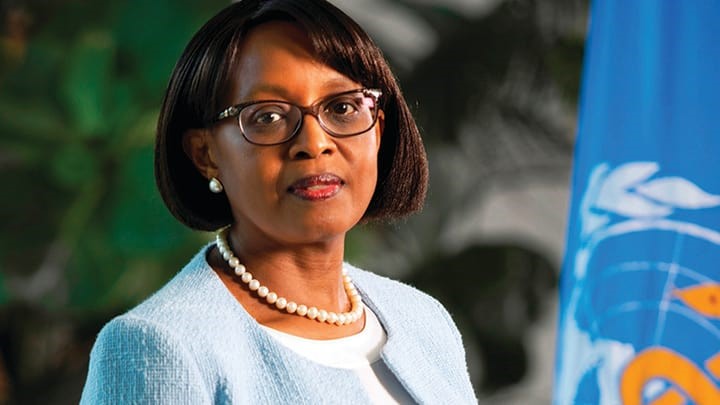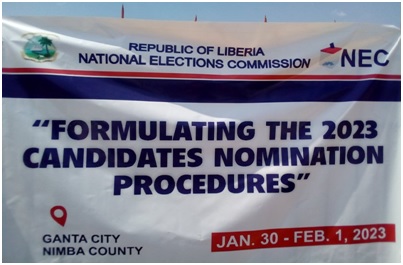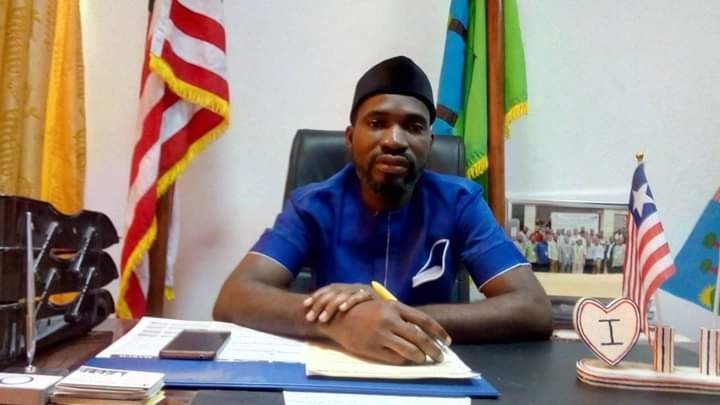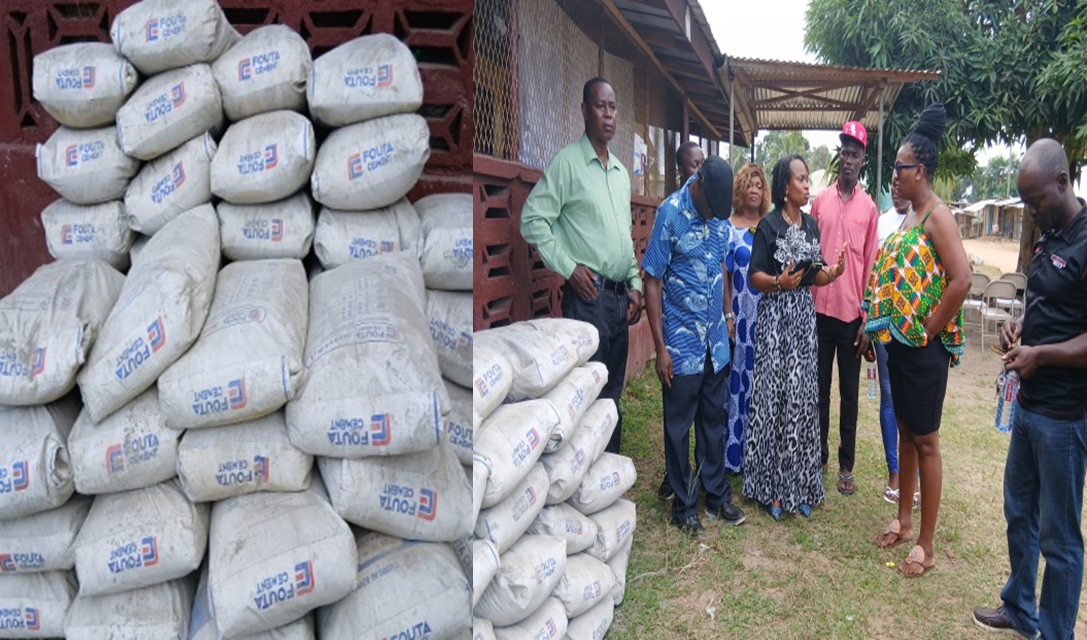The World Health Organization’s Regional Director for Africa, Dr. Matishidiso Moeti, has announced that if stern campaign is not takien to tackle cancer disease, death toll per year might reach one million in 2030.
“The cancer situation in Africa is disheartening. In the year 2022, approximately 882,882 cases occurred in the WHO African Region, with around 573653 deaths. About 50% of new cancer cases in adults in the region are due to breast, cervical, prostate, colorectal, and liver cancer,” Dr. Moeti said. “If urgent measures are not taken, cancer mortality in the region is projected to reach about one million deaths per year by 2030.”
She also added that in 20 years, cancer death rate in Africa will overtake the global average of 30%, adding that it is more so because of cancer survival rates in the WHO African region currently average 12%, much lower than the average of over 80% in high-income countries.
On February 4, 2024, the World Cancer Day was celebrated with the theme, “Together, We Challenge Those in Power”. The theme, according to Dr. Moeti, encompasses the global demand for leaders to prioritize and invest in cancer prevention and care and to do more to achieve a just and cancer-free world.
There is progress made in cancer prevention and care in the region, for instance, 17 countries have introduced high-performance-based screening tests in line with the WHO recommendations. Also 28 of the member state have introduced nationwide HPV vaccination to reach about 60% of the priority population targeted with HPV vaccination, Dr. Moeti noted.
This year’s theme, which is auspicious as it reinforces all persons and groups’ universal right to health, is emphatic that, regardless of socioeconomic status, geographic location, age, and gender, every person must be afforded an equal chance at the prevention, diagnosis, and treatment of cancer.
“We call on the region’s countries, communities, partners, and civil society to unite and foster universal access to cancer prevention and care,” Dr. Moeti said. Stakeholders must identify feasible priorities, implement evidence-based population-wide interventions and invest in cancer control.”
However, the clarion call to prevent caner proliferation in Africa challenged countries to use the updated WHO Best Buys, the facilitative tool designed to enable government to select life-saving policies and interventions for non-communicable diseases.
The cancer’s prevention call said leaders are responsible for ensuring that cancer prevention and care deploy technologies and therapies that are available at low cost to affected persons and their families, which are value for money. Furthermore, countries should strengthen information systems to gather quality data for decision-making.
Dr. Moeti, who was a keynote speaker of the World Cancer Day’s commemoration, called on all sectors to holistically battle the spillover of cancer in Africa, and called cancer patients to critically fight against cancer in Africa.
She publicized that one of the things survivors said when she gave audience to them a few days ago was the need for leaders to listen to their stories. As February 4 each year unites to raise awareness on fundamental cancer issues, Dr. Moeti said, “We at the WHO African Region connect with the public in spearheading this annual awareness day and beyond.
“We reiterate that civil societies, especially organizations of cancer survivors or persons with cancer experiences, are critical in the fight against cancer in Africa. Such a whole-of-society approach to cancer prevention and care is the essence of this year’s World Cancer Day theme,” Dr. Motei said. “Together, We Challenge Those in Power” to go the extra mile for a cancer-free Africa.







